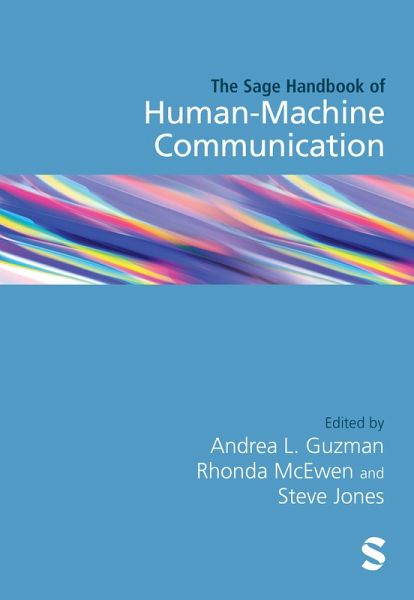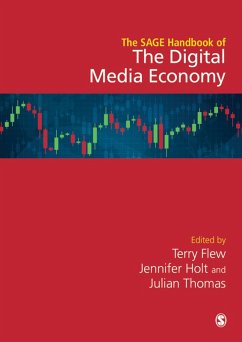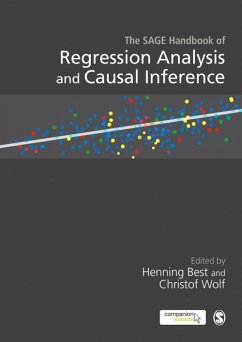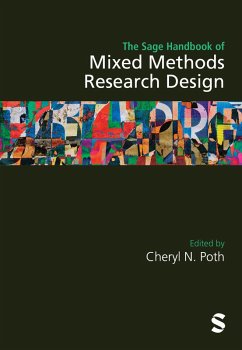
The SAGE Handbook of Human-Machine Communication (eBook, ePUB)
Versandkostenfrei!
Sofort per Download lieferbar
82,95 €
inkl. MwSt.
Weitere Ausgaben:

PAYBACK Punkte
41 °P sammeln!
The SAGE Handbook of Human-Machine Communication has been designed to serve as the touchstone text for researchers and scholars engaging in new research in this fast-developing field. Chapters provide a comprehensive grounding of the history, methods, debates and theories that contribute to the study of human-machine communication. Further to this, the Handbook provides a point of departure for theorizing interactions between people and technologies that are functioning in the role of communicators, and for considering the theoretical and methodological implications of machines performing trad...
The SAGE Handbook of Human-Machine Communication has been designed to serve as the touchstone text for researchers and scholars engaging in new research in this fast-developing field. Chapters provide a comprehensive grounding of the history, methods, debates and theories that contribute to the study of human-machine communication. Further to this, the Handbook provides a point of departure for theorizing interactions between people and technologies that are functioning in the role of communicators, and for considering the theoretical and methodological implications of machines performing traditionally 'human' roles. This makes the Handbook the first of its kind, and a valuable resource for students and scholars across areas such as communication, media and information studies, and computer science, as well as for practitioners, engineers and researchers interested in the foundational elements of this emerging field.
Part 1: Histories and Trajectories
Part 2: Approaches and Methods
Part 3: Concepts and Contexts
Part 4: Technologies and Applications
Part 1: Histories and Trajectories
Part 2: Approaches and Methods
Part 3: Concepts and Contexts
Part 4: Technologies and Applications
Dieser Download kann aus rechtlichen Gründen nur mit Rechnungsadresse in A, D ausgeliefert werden.













